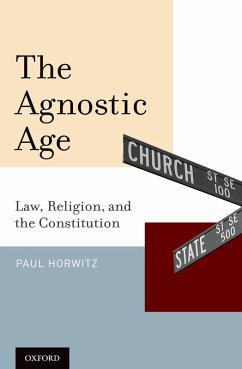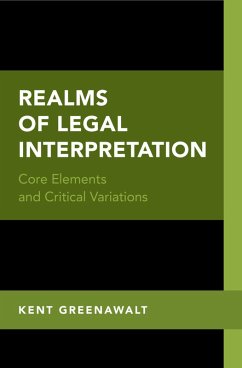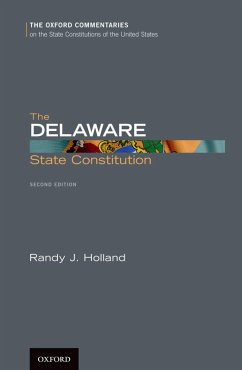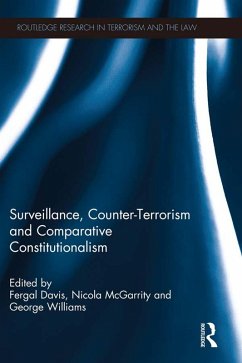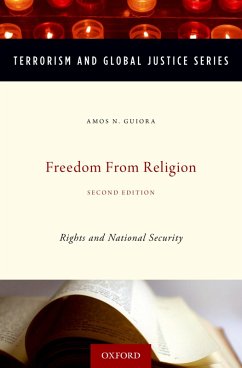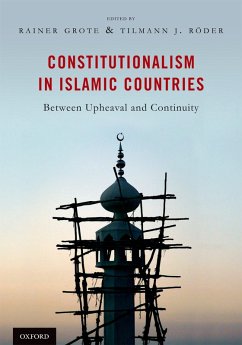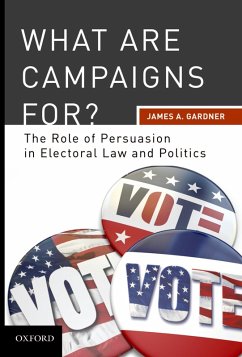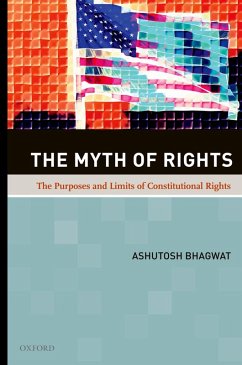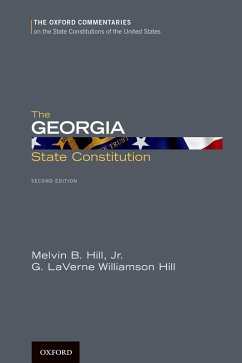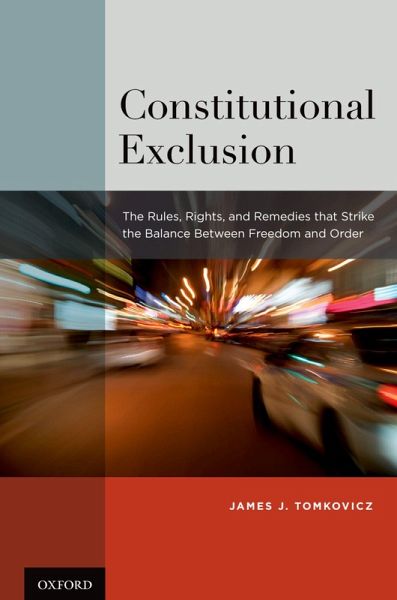
Constitutional Exclusion (eBook, PDF)
The Rules, Rights, and Remedies that Strike the Balance Between Freedom and Order

PAYBACK Punkte
21 °P sammeln!
Supreme Court interpretations of the Bill of Rights have produced seven constitutional "exclusionary rules." These rules prevent prosecutors from introducing evidence of guilt in criminal trials, making it harder to convict offenders and enabling some criminals to avoid conviction and punishment. The importance of these evidentiary bars cannot be understated. They reflect inevitable tensions between liberty and security. Constitutional Exclusion, by James J. Tomkovicz contains in-depth analyses of each constitutional doctrine that dictates the suppression of evidence. The text begins with an e...
Supreme Court interpretations of the Bill of Rights have produced seven constitutional "exclusionary rules." These rules prevent prosecutors from introducing evidence of guilt in criminal trials, making it harder to convict offenders and enabling some criminals to avoid conviction and punishment. The importance of these evidentiary bars cannot be understated. They reflect inevitable tensions between liberty and security. Constitutional Exclusion, by James J. Tomkovicz contains in-depth analyses of each constitutional doctrine that dictates the suppression of evidence. The text begins with an extensive treatment of the Fourth Amendment exclusionary rule which bars evidence acquired by means of unreasonable searches or seizures. It then addresses three distinct doctrines that suppress confessions---the due process and privilege against compelled self-incrimination bar to coerced confessions, Miranda v. Arizona's Fifth Amendment prophylactic presumption that certain confessions are inadmissible, and the Massiah doctrine's Sixth Amendment right to counsel bar to incriminating admissions. Next, the book explains two prohibitions on eyewitness identification evidence, one rooted in the Sixth Amendment right to counsel and another grounded in the due process guarantee. Finally, the text explores the exclusion of hearsay commanded by the Sixth Amendment Confrontation Clause. Constitutional Exclusion analyzes the histories of, justifications for, and the legitimacy of these exclusion doctrines. By juxtaposing the rules and highlighting their distinctive characters, the book sheds new light on topics of vital importance to the administration of criminal justice.
Dieser Download kann aus rechtlichen Gründen nur mit Rechnungsadresse in A, B, BG, CY, CZ, D, DK, EW, E, FIN, F, GR, HR, H, IRL, I, LT, L, LR, M, NL, PL, P, R, S, SLO, SK ausgeliefert werden.




